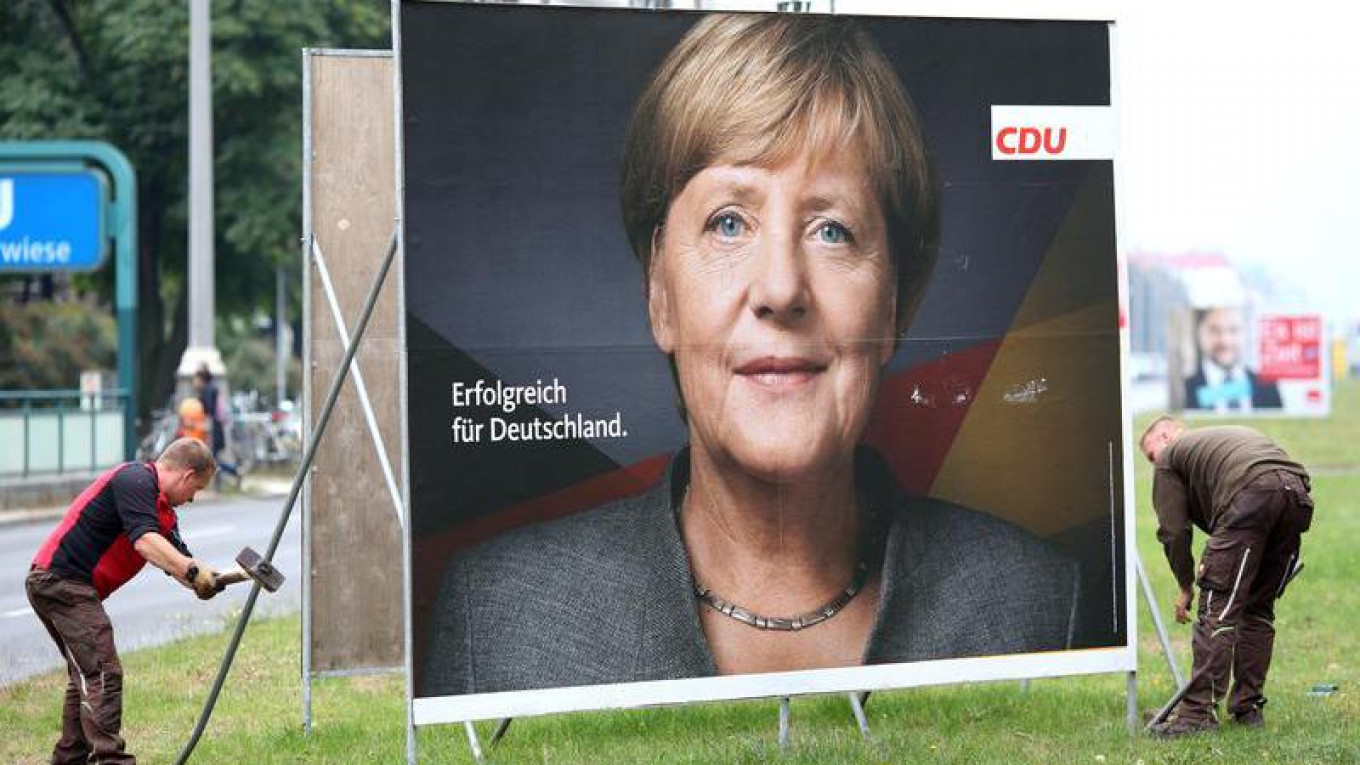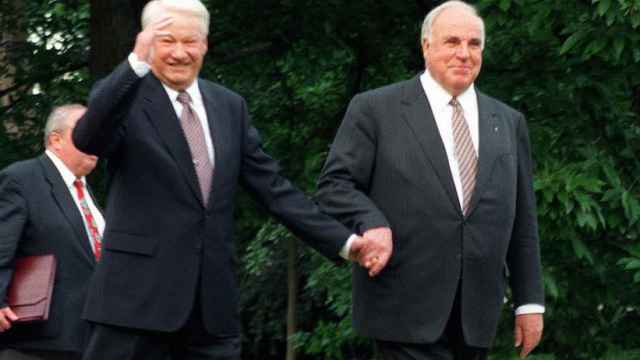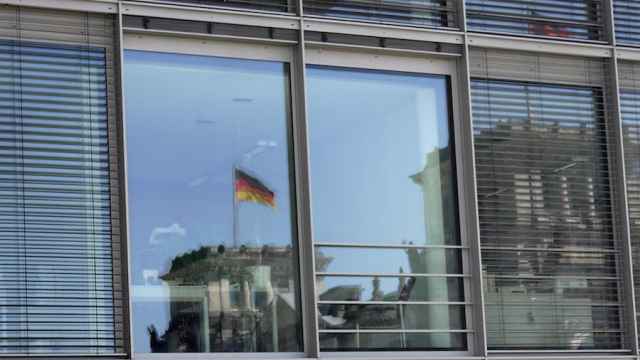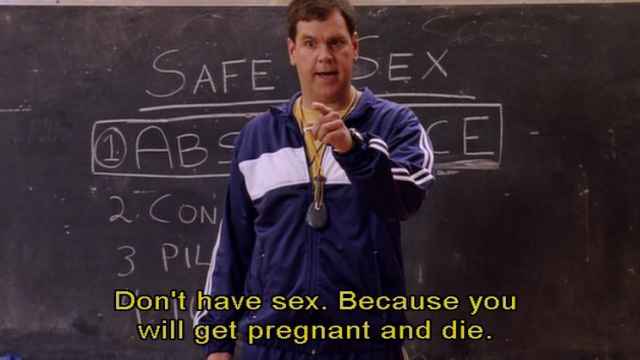Germany went to the polls on Sunday to elect their next chancellor and members of parliament, in a ballot which saw a surge in support for the right-wing AfD party.
German Chancellor Angela Merkel’s conservative bloc won the election by slightly over 33 percent, with turnout estimated at three-quarters of Germany’s 82-million population.
Russian senator Alexei Pushkov attributed the ruling bloc’s smallest share of the vote since the 1940s to “a syndrome of fatigue with Merkel.”
He pointed to her open-door refugee policy in explaining the anti-immigration Alternative for Germany’s (AfD) unexpected third-place finish with 13 percent of the vote.
Here’s how Russian official figures reacted:
— Konstantin Kosachev, chairman of the Federation Council’s foreign affairs committee:
“I wonder why the ‘imminent Russian interference’ in the German elections thesis, which was actively promoted by Berlin and other Western capitals during the first stage of the campaign, completely disappeared from the screens in the last couple of months?”
‘The ‘Russians are coming’ only occurs in two cases: either when nothing worked at all, or when it’s unclear what will happen and you need to intimidate the naive public."
— Leonid Slutsky, chairman of the State Duma’s International Affairs Committee
“The preliminary results of the German elections reflect the general crisis in all of Europe related to both the socioeconomic situation and migration.”
“There is a search for a new idea that can help restore the Europeans’ freedom of choice and independence from the policies of the big brother overseas.”
— Vasily Likhachyov, Central Election Commission member and ex-Duma deputy
“The Russian-speaking population of approximately 5 million people is a big serious political force.”
“They named their preferences, especially those who are in the middle in terms of residence in Germany: they supported the new ‘Alternative for Germany’ party.”
— Mikhail Khodorkovsky, former Yukos CEO and activist
“In my opinion, the Kremlin (or Lubyanka) actively helps AfD (extreme right). On the other end, we will be dealt another blow to Russian interests. Maybe we shouldn’t step on the same rake the second time?”
— Alexei Kudrin, former Finance Minister
“Populism lost to common sense in the German election. It would be good if the new coalition’s policy toward Russia was also pragmatic.”
— Dmitry Trenin, director of the Carnegie Moscow Center think tank
“No reports of Russian meddling in the German elections creates a favorable atmosphere for fresh attempts to improve bilateral relations.”
— Vladimir Milov, former deputy Energy Minister
“AfD members gained 5 mandates in single-member constituencies, in other words this is a shell of a party like UKIP. And against the backdrop of the largest migrant crisis, 12.6 percent is a not a super-sensational result, to put it mildly.”
A Message from The Moscow Times:
Dear readers,
We are facing unprecedented challenges. Russia's Prosecutor General's Office has designated The Moscow Times as an "undesirable" organization, criminalizing our work and putting our staff at risk of prosecution. This follows our earlier unjust labeling as a "foreign agent."
These actions are direct attempts to silence independent journalism in Russia. The authorities claim our work "discredits the decisions of the Russian leadership." We see things differently: we strive to provide accurate, unbiased reporting on Russia.
We, the journalists of The Moscow Times, refuse to be silenced. But to continue our work, we need your help.
Your support, no matter how small, makes a world of difference. If you can, please support us monthly starting from just $2. It's quick to set up, and every contribution makes a significant impact.
By supporting The Moscow Times, you're defending open, independent journalism in the face of repression. Thank you for standing with us.
Remind me later.






